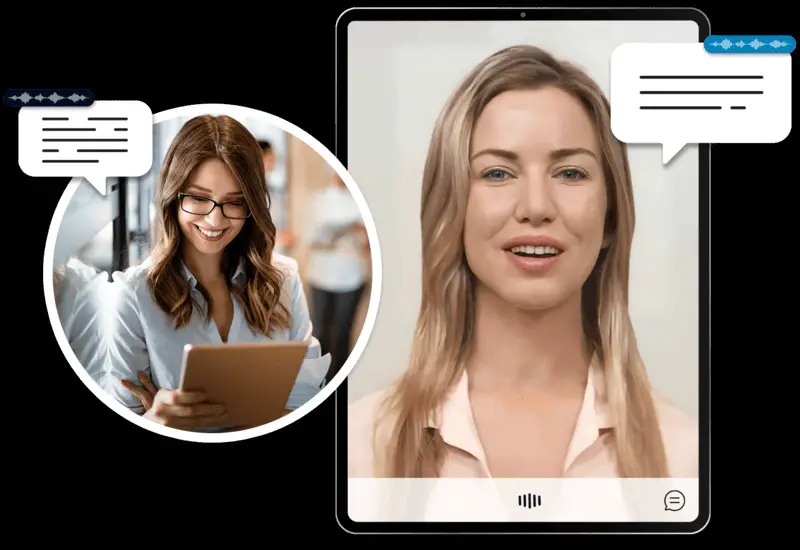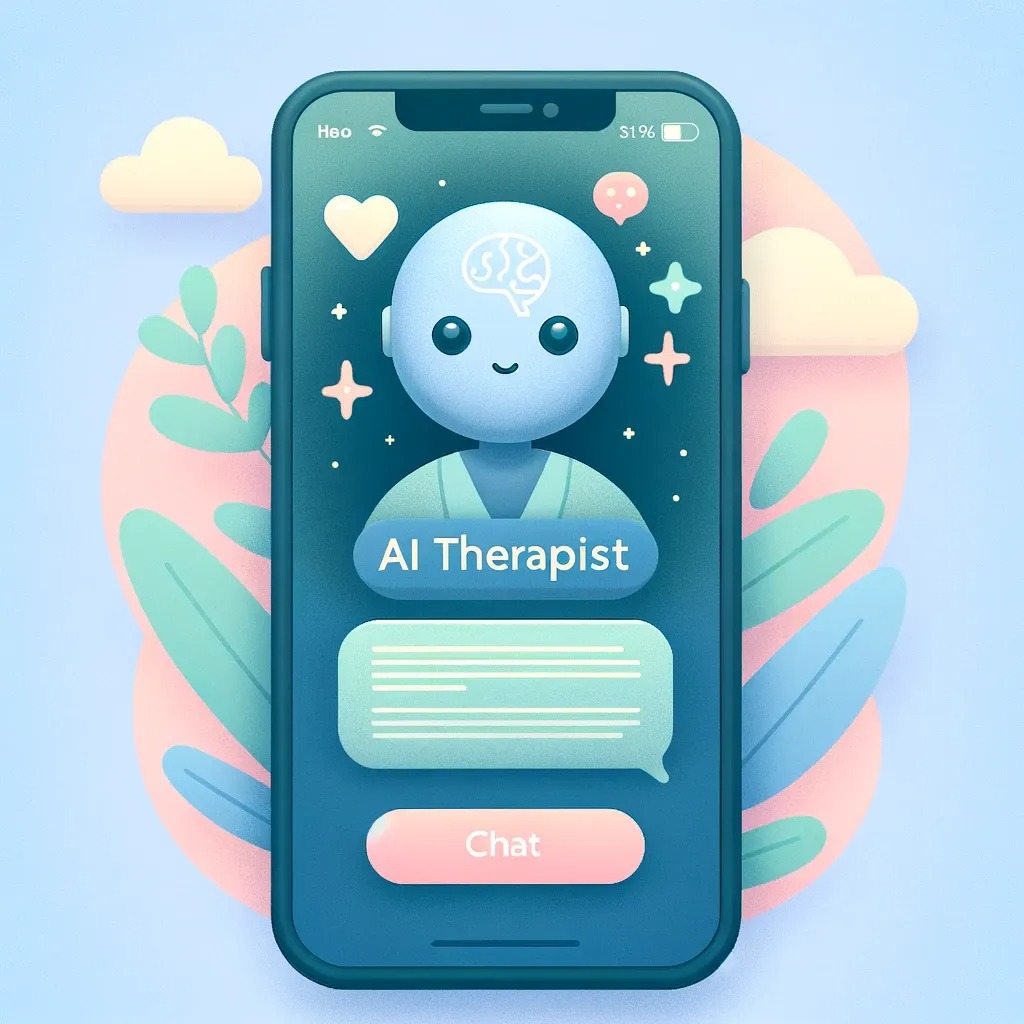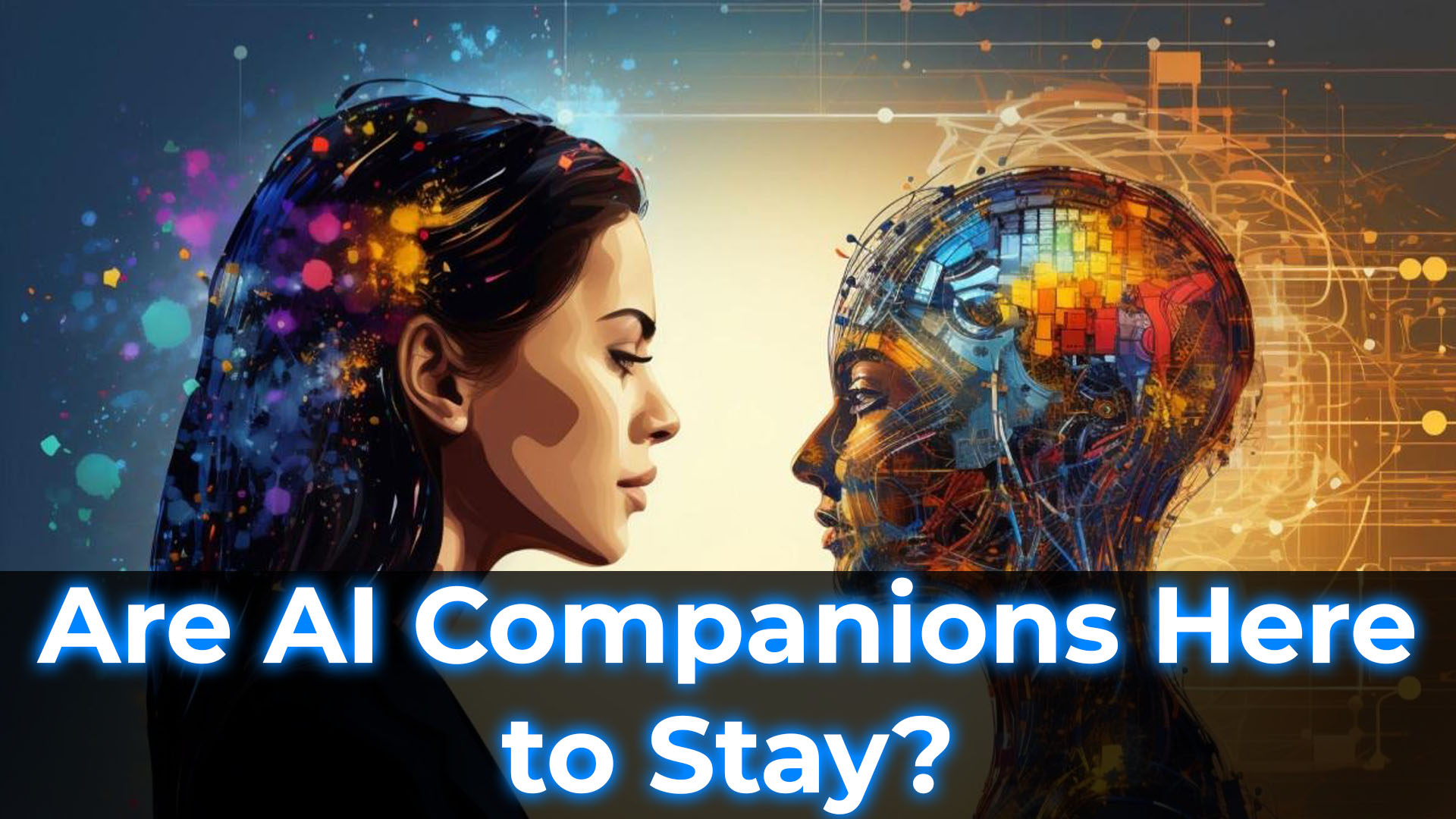AI companions—once science fiction—are now becoming an everyday reality. From chatbots like Replika to advanced voice assistants like ChatGPT or Character.ai, these virtual friends offer conversation, support, and even emotional connection. But as we head deeper into 2025, one big question arises: Are AI companions just a passing tech trend, or are they truly here to stay?
What Are AI Companions?
AI companions are digital beings powered by artificial intelligence that simulate conversation, empathy, and companionship. They can take the form of:
- Chatbots
- Avatars
- Virtual pets
- Voice assistants with personality
They’re designed to engage users in meaningful interaction—sometimes for entertainment, therapy, or simply to combat loneliness.

Why People Are Turning to Virtual Companions
AI companions fill gaps that traditional communication sometimes can’t:
- Emotional Support: For people dealing with anxiety, depression, or isolation.
- Availability: They’re always online—24/7.
- No Judgment: Users feel safe opening up.
- Customization: Users can shape the AI’s personality and interests.
The Most Popular AI Companions in 2025
1. Replika
- Offers deep emotional conversations and memory recall.
- Users can build romantic or platonic relationships.
2. Character.ai
- Lets users chat with AI characters based on fictional or historical personas.
3. Anima AI
- Combines mental wellness with daily coaching.
4. Meta AI & Google Gemini
- Built into daily life with smart assistants and productivity support.

Potential Risks of AI Companions
While AI friends can be helpful, they come with ethical concerns:
- Privacy: Conversations may be stored and analyzed.
- Dependency: Over-reliance on AI may affect real-world social skills.
- Emotional Confusion: Users might develop attachments that feel real.
AI Companions in Mental Health & Wellness
Many AI tools are now being tested or used in:
- Therapy support
- Cognitive behavioral coaching
- Mood tracking
Though not a replacement for professional help, they can offer daily mental check-ins and positive reinforcement.

So, Are They Here to Stay?
Given the blend of emotional need, rapid AI development, and growing social acceptance—AI companions are likely not going anywhere. In fact, they may become more lifelike, empathetic, and seamlessly integrated into our devices and daily lives.
Conclusion
The future of AI companions is both exciting and complex. While they won’t replace human interaction, they’re carving out a real place in our lives—from mental wellness to daily companionship. Whether you’re curious or skeptical, one thing is certain: virtual friends are no longer science fiction—they’re part of our reality.
Want to chat? Contact us HERE!




